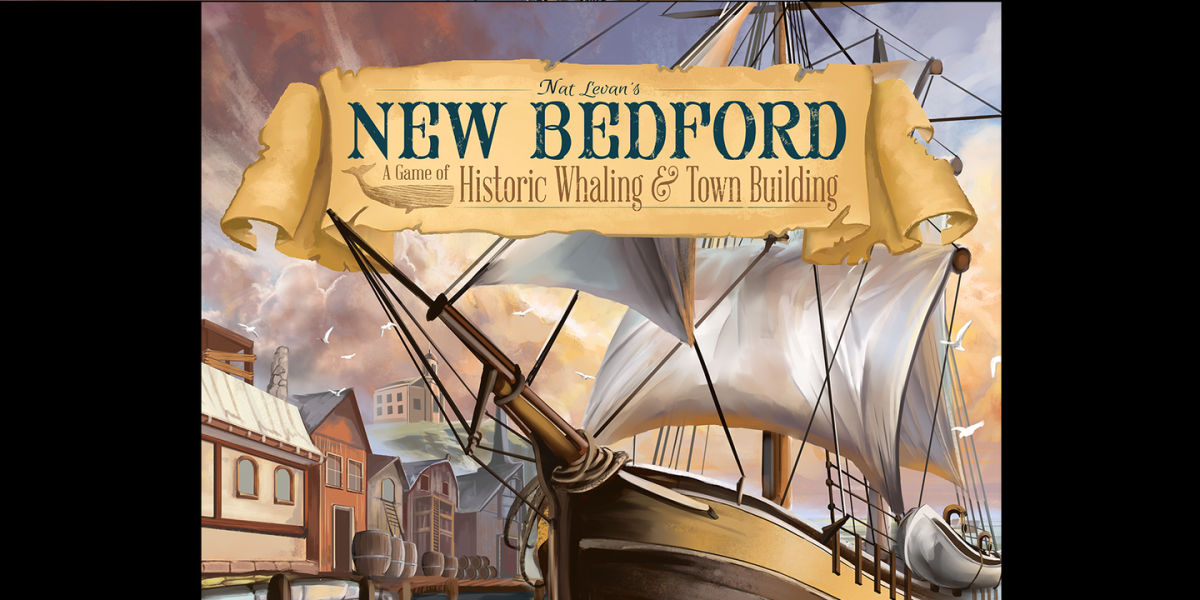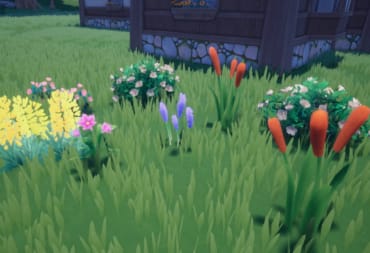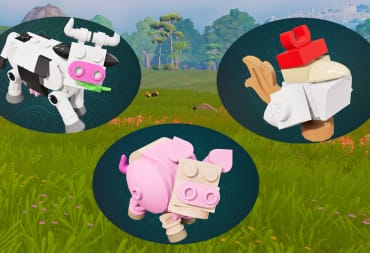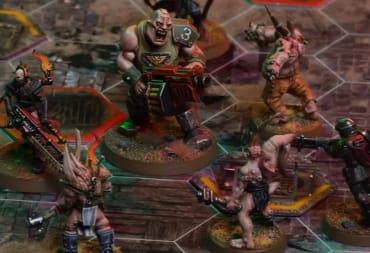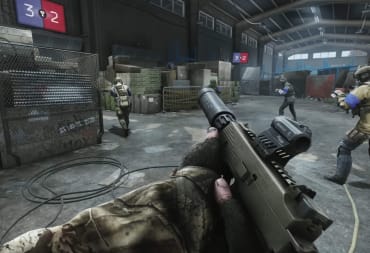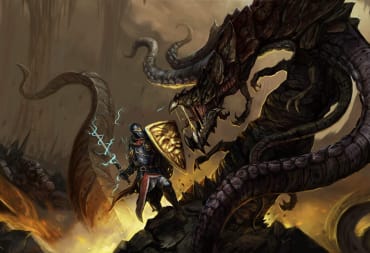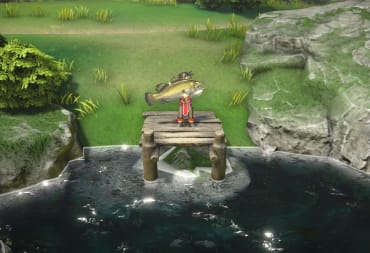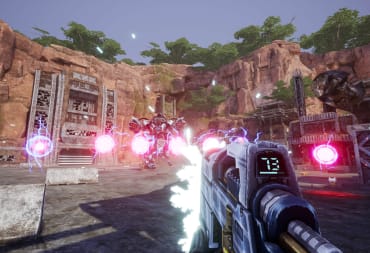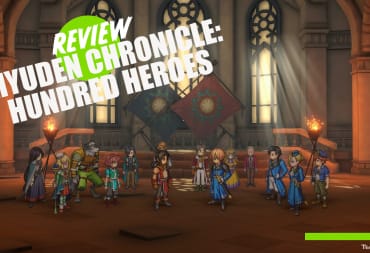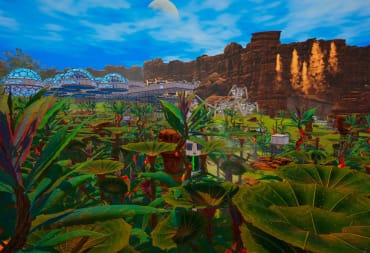When I first heard of New Bedford, I was instantly intrigued by the theme. The game is set in Massachusetts in the mid-1800's when many people thought of the Earth's resources as unlimited and man's claim on them paramount. The game tasks players with competing for the most board-gamey goal of all (victory points) and uses an extremely common core mechanic (worker placement), but marries the theme to the mechanics in a way that is not only fun, but also shows that the game understands, and reflects, the effects that whaling had on the environment.
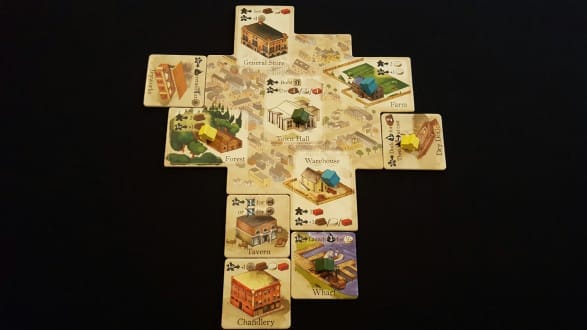
New Bedford gives each player two workers, two ships, and five $$ worth of goods (player's choice) and sets them off into the titular town to build their fortune. Initially, only having two workers felt like a limitation, but New Bedford's basic action spaces, represented by Buildings, are usable by more than one player. Rather than blocking access to the Building's action, the first player to take a basic action in a round gets a bonus for being first. This means that other players can't be locked out of obtaining the basic resources (Food, Bricks, and Wood) that they need to progress, but it pays to go where nobody has gone yet. The bright side of having two workers per player is that New Bedford plays rapidly, and even players who like to analyze all of their options only have two moves per round to consider.
Players are free to choose their path to victory with the most obvious path being via whaling. Once players have prepared a ship, they can launch it on a whaling run. The more food that the player spends when launching the ship, the longer the ship can stay out to sea, and the more whales that ship is likely to catch. Unlike using a Building before the other players, it can actually pay dividends to wait until other players have launched ships before sending out a ship of your own. When whales are drawn, the ships furthest out to sea get to choose which to take first. As the game progresses, it gets harder to get quality whales unless you are far out to sea.
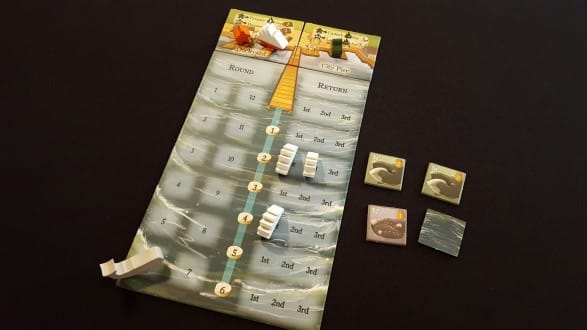
The whales are drawn from a bag each round, and in the bag are a bunch of Empty Sea tiles. The whales that are taken don't get replaced, but the Empty Sea tiles go back in the bag before each draw. As the game plays out, and more and more whales are caught, the ratio of whales to empty sea gets worse, and, since players are almost always after the higher value whales when they show up, the total value of whales drawn from the bag drops lower and lower. The shifting composition in the whale bag, and the fact that players try to get as far out to sea as possible, is an interesting and thematic representation of the diminishing returns that unchecked whaling had historically.
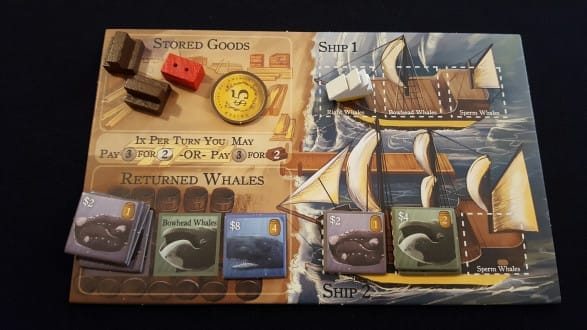
When players' ships finally return to town, the players can't simply collect their whales from their ships. First, they have to pay to have their whales processed. A ship heavily laden with whales is sure to offer a pile of victory points, but each whale comes at a cost. If that cost can't be paid, the whales are put up for auction, and the other players can claim them if they can pay. This is where New Bedford's strategic depth begins to show itself.
Whales are the most obvious way to earn points, but they aren't the only way. Players can earn points by expanding the town of New Bedford via construction of new Buildings. Buildings built are worth 1 point each at the end of the game, and there are many Buildings that provide bonus points for various things at game end. Players also score points at the end of the game at a $5 to 1 point ratio. Unlike the basic action Buildings, the Buildings that can be constructed can only be used by a single player each round. Additionally, players who wish to use another player's Building must pay them $1 per use. If players aren't careful, one player can end up controlling the majority of the economy of New Bedford, and it's even possible for a player to ignore whaling entirely and earn a large number of points via Buildings and via whales purchased at auction.
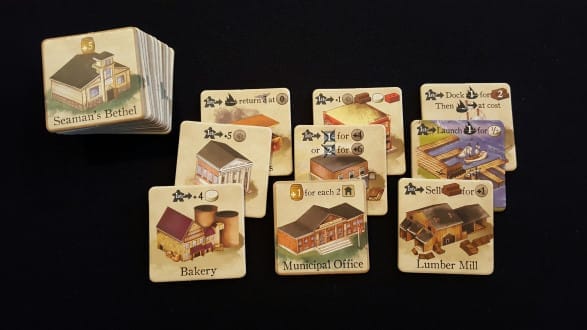
In most games of New Bedford, each player will dabble in a little bit of everything, with some Buildings only being built in games where their particular effect will be most beneficial to a player's strategy. There may be some optimal combinations that veteran players go for every time, but I have yet to see it in about 10 plays. As it stands, the game still feels fresh, and each game feels different as players try new things. The theme and mechanics work really well together, and the considerations of resource management and diminishing returns fit nicely with the constant gains from the worker placement mechanics. The amount of depth in New Bedford is surprising, and the strategic options coupled with the relatively short play time make the game satisfying and deep without ever feeling too complex or overstaying its welcome.
A note on solo play/AI: New Bedford has a solid AI system built into the game that not only make solo play possible, but it keeps things interesting. There are four separate AI Captains to play against, and the player can choose one, some, or all of them to compete against. The AI Captains can also be used when playing with 2 or 3 players to fill out the player count, and they all play competently enough to be a fun challenge.
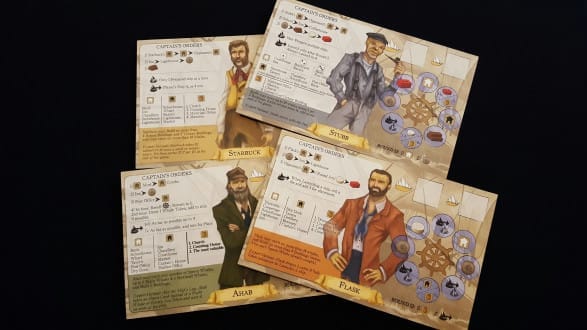
A note on theme: New Bedford takes place in a time when peoples' understanding of nature and the environment were flawed at best, yet tackles the theme in a mature and respectful way. There is no getting around the fact that you are competing to take whales from the ocean, but there are other paths to victory for players who just can't bring themselves to go whaling. The effects of whaling are visible as the game plays out, as the seas get emptier and the more valuable whales become more scarce as the game continues. While there are certainly people who will be, understandably, put off by the theme, it works wonderfully with the mechanics to provide an excellent experience.
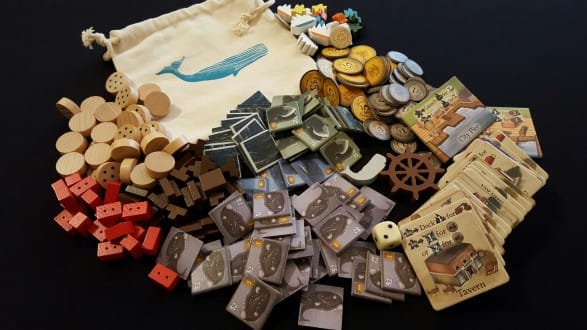
A note on “chrome”: For the most part New Bedford has great components, and the small form factor makes it a great fit for people who like to take their games on the go or people who have smaller tables. A few of the meeples in this review copy were chipped, and the green and blue ships can be difficult to tell apart at a glance. The rulebook is well laid out and easy to read, although it appears as though the manufacturer didn't actually implement the final layer of QA on the first print run of the game, so there are some errata that players should take note of if they get a copy of the first print run of the game.
Get this game if:
You enjoy worker placement games and want one that plays in about 10 to 15 minutes per player.
You enjoy resource management games that force you to balance your resources against each other.
You like games that tastefully tackle interesting, sometimes difficult themes.
Avoid this game if:
You dislike worker placement games.
The copy of New Bedford used for this review was provided by Greater Than Games/Dice Hate Me Games.
Review Summary
New Bedford is a great worker placement game that plays four players in less than 60 minutes. The small form factor and quick play time make this a great game for impromptu sessions, yet it's robust enough to form the core of a game-night.
(Review Policy)Have a tip, or want to point out something we missed? Leave a Comment or e-mail us at tips@techraptor.net
